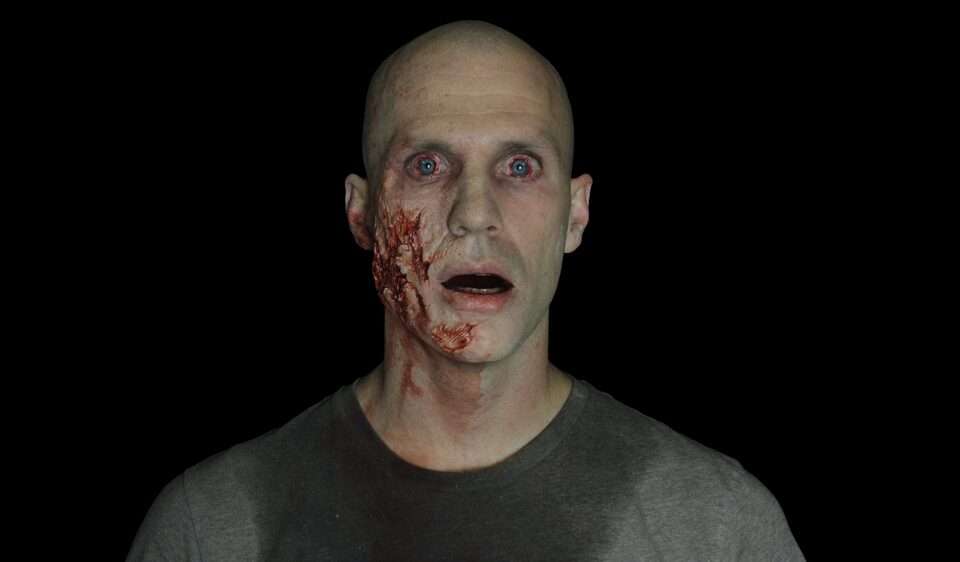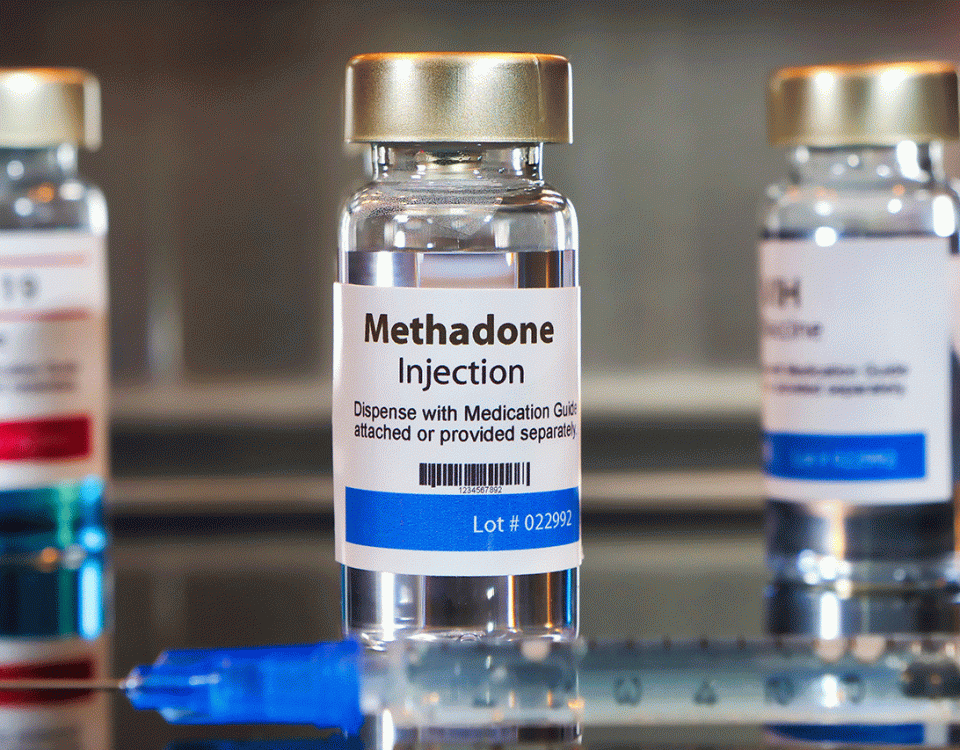Drinking is a common pastime enjoyed by people all around the world. If done in moderation, it can be a nice way to bring people together. Sadly, it is also an incredibly slippery slope that can lead to physical and mental health complications. For those whose careers are built on their physical wellness and skill, drinking in large quantities or on a regular basis can be a recipe for disaster. Banyan Treatment Centers Palm Springs is looking at the relationship between alcohol and athletic performance.
How Does Alcohol Affect Athletic Performance?
Alcohol use can hinder athletic performance in a number of different ways. Some people don't realize that alcohol is a diuretic, which means that it increases urination and may result in dehydration. This cycle may have detrimental effects on stamina, strength, and coordination. The ability to perform complicated motions necessary in many sports is also hampered by alcohol's impairment of coordination, motor skills, and reaction time.
A drop in energy levels brought on by drinking alcohol can also make it more difficult to maintain physical activity for extended periods of time. It can also become more difficult for the body to recuperate from physical stress and raise the chance of damage. Sleep, which is crucial for recuperation and performance, can be disrupted by drinking as well. But what about alcohol’s effects on muscles, a crucial physical aspect for countless athletes?
Does Alcohol Stop Muscle Growth?
Due to a variety of reasons, drinking alcohol might hinder muscle growth. After puberty, men have about 20 times more testosterone than women. Drinking alcohol can lower testosterone levels in both sexes, but this is a hormone crucial for muscle development and repair. Lower levels of testosterone can result in more fat mass and decreased muscle mass, which can hinder the growth of muscles.
On top of that, drinking alcohol can prevent the body from constructing muscle tissue through the process of protein synthesis. Muscle fibers must be rebuilt through the process of protein synthesis since they are damaged when we exercise. Alcohol use, however, can hinder this process, resulting in a slower rate of recuperation and a reduction in the creation of new muscles. These all highlight the real correlation between alcohol and athletic performance.
Is Alcohol Bad for Athletes?
Yes, alcohol consumption is generally considered bad for athletes due to its negative effects on physical performance and recovery. While moderation is important for anyone who consumes alcohol, people that rely on the wellness and health of their body would do better to avoid drinking altogether. If they are struggling to do so, even after the presentation of these negative consequences, it could be a sign that there is a deeper issue at play.
Abusing alcohol can easily result in the development of alcoholism, which becomes increasingly more difficult to break away from with time. That is why we implore those in the midst of active addiction to reach out to our California detox center and the alcohol withdrawal management program that it offers. After completing this process, patients of our Palm Springs rehab have the opportunity to proceed into an alcohol addiction treatment program.
Don’t just assume the problem is under control. If someone is showing signs of alcoholism or addiction, call Banyan Palm Springs at 888-280-4763 to learn how to get the treatment process started.
Related Reading









